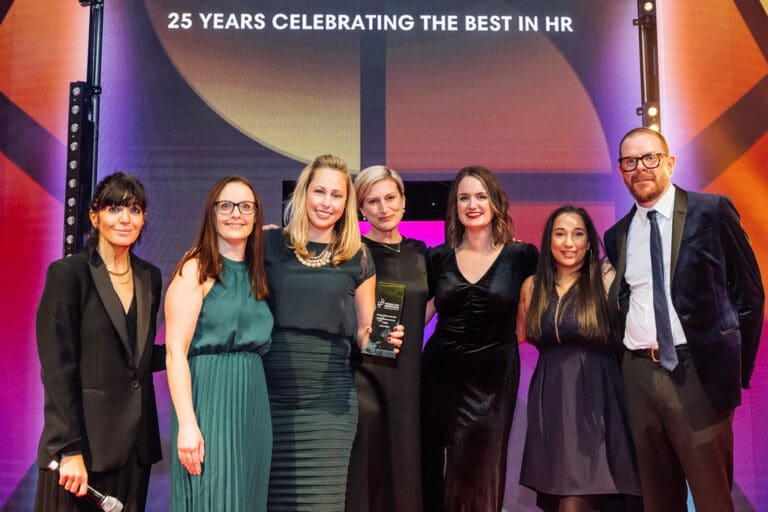By Sarah Lane
Last week was the ISE Diversity & Inclusion Conference 2021 and as I exercised my well-practised digital conference etiquette, I felt the stories and experiences shared by a diverse panel of students were particularly engaging and thought-provoking.
When it comes to resourcing, it’s often easy to get lost in the noise and claims of what students ‘truly’ want. That’s why it was so interesting to hear directly from the students. It acts as a nice reminder that there’s no better way to measure and improve the recruiting journey than hearing from the candidates themselves. The students shared details around what is important when considering where to seek employment and feelings when targeted by an employer as a specific group or community.
There’s no silver bullet when it comes to getting D&I right in your early talent strategy. The solution is everchanging and employers should regularly engage with and ask their candidates for feedback, find out what’s inspiring, and equally, what’s missing the mark.
Without identifying what candidates from underrepresented communities want, you, as an employer, can’t keep up with their needs. It’s part of the reason we built Inspire & Nurture; to better connect recruiters with candidates and pinpoint student struggles during the recruiting journey and nurture them through to application and beyond.
Here’s some of the feedback from the student panel around what they consider to be attractive and unattractive when it comes to deciding their future employer.
What’s attractive
- Seeing diversity and broad representation at senior leadership level is particularly attractive to underrepresented groups.
- A high percentage of underrepresented communities fear being judged based on their background and heritage. Students are specifically attracted to inclusive organisations and ones who communicate a “safe” and comfortable working environment for all.
- Running events on company culture, getting to hear from current employees, finding out about employee networks and the ability to ask direct questions all came out on top when it came to providing the information needed to empower underrepresented young people to apply.
- Companies who are genuine and transparent in terms of where they’re at in their D&I journey as well as where they aspire to be.
- Personalised feedback and coaching to work on the skills necessary for progression throughout the hiring process develops feelings of empowerment and value.
What to avoid
- Some students from underrepresented backgrounds may feel less valued and more of a statistic if they are singled out for targeting by a company. To overcome this very niche, tailored events should be authentic and honest.
- A high percentage of students from diverse backgrounds felt put off applying to organisations who constantly shout about how diverse they are but don’t demonstrate true inclusion.
- Positive discrimination & preferential treatment is a major turn off. The students felt that progression through the recruitment journey should be based on skills and merit without experiencing an employer’s need to fill a quota or be the “diverse” hire.
It’s clear that the pandemic exposed a deep inequity in our society. What’s encouraging is that there is a growing awareness of how a person’s background affects their outcomes and with that awareness comes the continued and much needed desire to make change.
Want to hear how our tech can help you meet your employer brand and D&I goals? Drop me an email at sarah.lane@meetandengage.com to chat!






